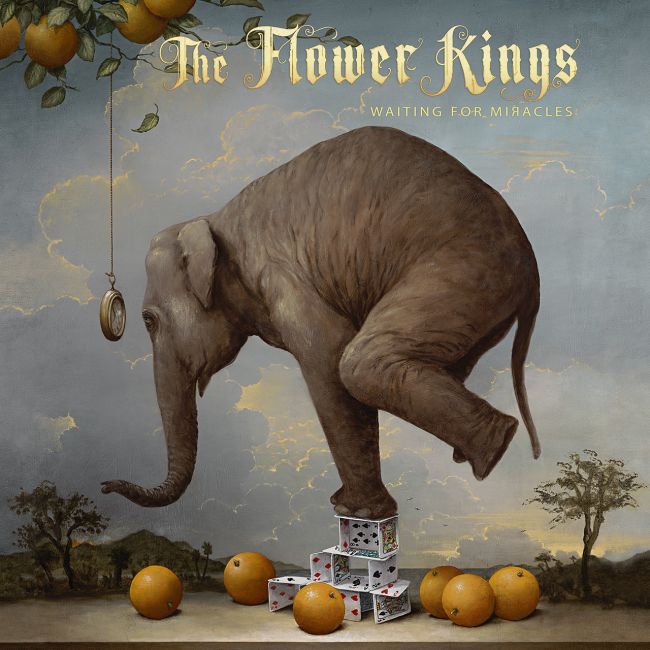
You have to admire a group that name themselves after one of the most legendary albums in prog history, and Norway’s Laughing Stock live up to their namesake. Jan Mikael Sørensen, Håvard Enge, and Jan Erik Kirkevold Nilsen have released a very fine album that leaves me wanting more.
They certainly reference all the right artists, calling to mind Pink Floyd one moment, King Crimson another, Porcupine Tree, Close to the Edge-era Yes, and of course, Talk Talk (literally singing in the song Echoes, “I still believe in you”). What is so appealing about Laughing Stock is their ability to absorb and honor those influences while forging a distinctive sound of their own. Not quite pop, not quite prog, not quite folk, but a wonderful combination of them all.
The album begins with a clanging alarm bell on Sunrise, which is followed by a television playing in the background, a la Wish You Were Here. Somber vocals – accompanied by acoustic guitar – chant, “Stay awake, take me to daybreak – sunrise.” Drums, mellotron, bass, and guitar are gradually added to the mix to great effect.
The album is a song cycle chronicling daylight hours, Sunset, Fading Light, a Darkest Hour, and finally, Another Sunrise. The third track, Afraid, is a great song, where they sing “I’m afraid, afraid of the morning/When dreams are fading away/I’m afraid, afraid of the light/Rising daylight, come out to play/What the hell is wrong?” A loping guitar riff pushes the song along as bits of sitar weave in and out of the background. It’s slightly unsettling, yet very attractive.
In Sunset, they sing, “I am falling for you” over a gorgeous acoustic guitar, drums, and bass melody. Beach Boys -like harmonies abound, and everything seems to be at peace. It’s a beautiful track. As a matter of fact the entire album is a beautiful piece of work – primarily acoustic, featuring slower tempos with deliberate pacing. Not until Darkest Hour do we hear some serious rock, and it is excellent. Imagine King Crimson and Porcupine Tree getting together for a slow jam session, and that gives you an idea of its atmosphere.
Sunrise is being released on Apollon records. It’s the perfect thing to listen to at the end of a long day when you want to relax and unwind. However, it’s definitely not background music, as their sophisticated lyrics conjure grown-up themes. Highly recommended!










You must be logged in to post a comment.